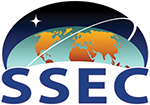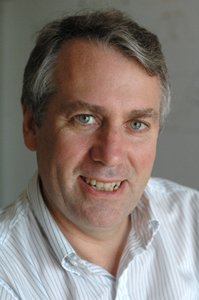Hurricane expert Kerry Emanuel to speak at UW-Madison
Kerry Emanuel, a leading authority on hurricanes and climate, will deliver the 6th Len Robock Annual Lecture March 24 at the University of Wisconsin-Madison.
A professor of atmospheric science at the Massachusetts Institute of Technology, Emanuel is on the forefront of research linking changes in the frequency and intensity of hurricanes with changes in climate. His work has broad significance for policymakers and the public alike, especially given the continued growth — and vulnerability — of coastal populations and infrastructure in the U.S.
According to Emanuel, climate models suggest that hurricane activity is sensitive to climate, but this relationship is less clear when compared to historical data. Emanuel will address the relationships between hurricane activity and climate change, including recent rumors heard in popular discourse. He will also introduce his current thinking on, and ideas about, how hurricanes may influence the climate itself.
Looking to the past may uncover clues about the future, Emanuel says. Reconstructing hurricane activity from hundreds or thousands of years ago may answer some questions about frequency and hurricane-climate interactions as scientists attempt to predict future landfalling hurricanes. Scientists are beginning to analyze geologic records — storm surge deposits and sediments — to help reconstruct and provide answers to questions about past hurricanes.
Named one of Time magazine’s 100 most influential people of 2006, Emanuel has published more than 100 peer-reviewed papers in leading scientific journals. He is the author of two books, “Divine Wind: The History and Science of Hurricanes” and “What We Know About Climate Change.”
Free and open to the public, the lecture is scheduled for Tuesday, March 24, at 7 p.m. in the Discovery Building’s H.F. DeLuca Forum. For more information, check the event website.
The lecture is made possible through the Leonard Robock Endowment to the UW-Madison Department of Atmospheric and Oceanic Sciences.
By Jean Phillips

